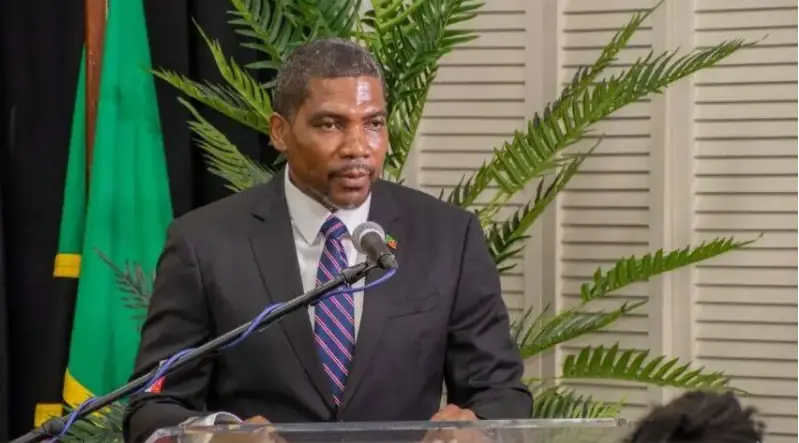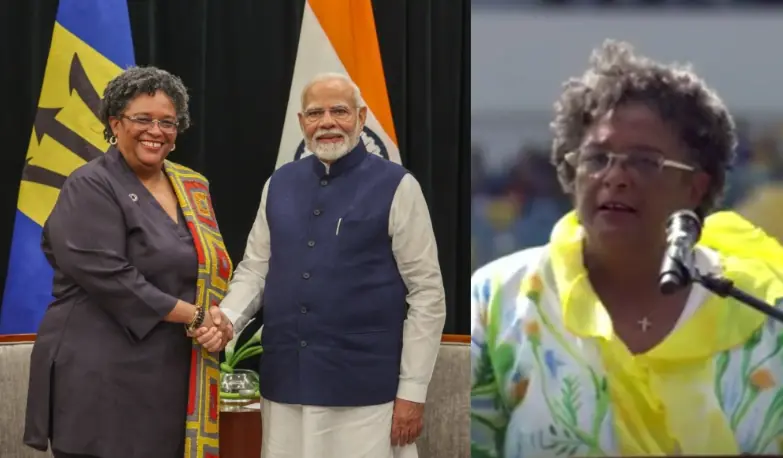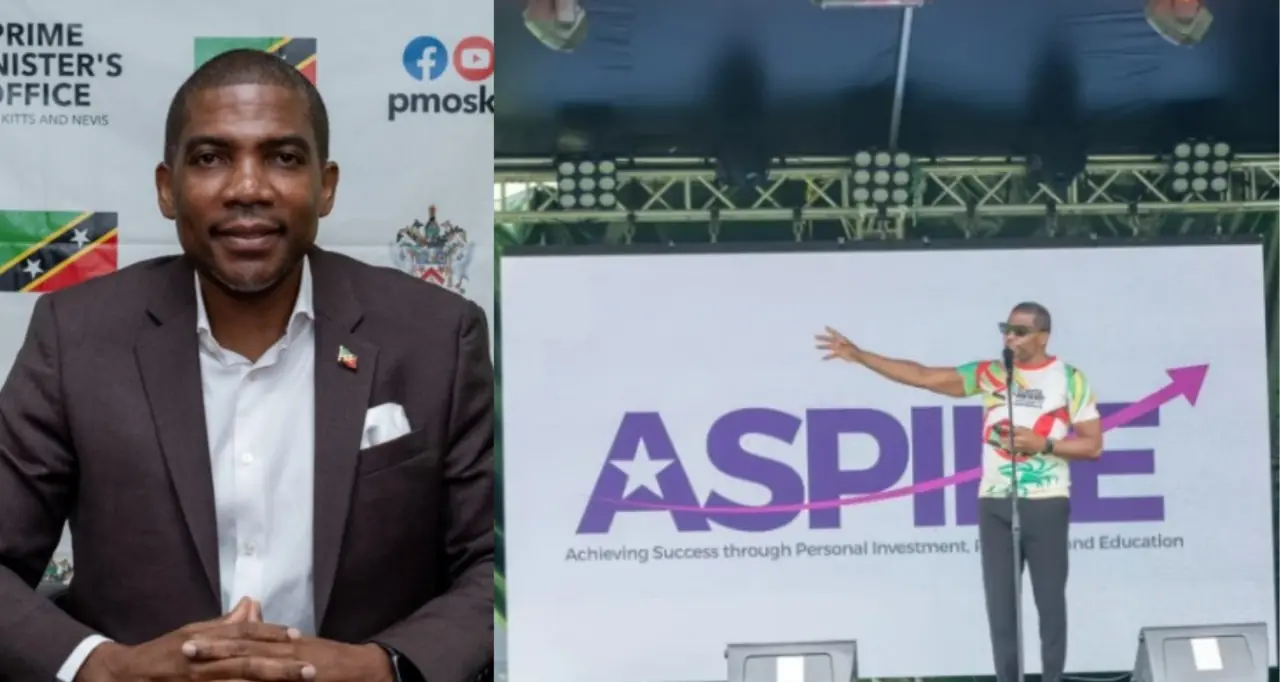St Kitts and Nevis’ Social Development Ministry shares first five SDGs
Ministry of Social Development & Gender Affairs, on April 6, 2022 (Wednesday), shared the first five Sustainable Development Goals (SDGs), which are especially related to the people of St Kitts and Nevis.
7th of April 2022

St Kitts and Nevis: Ministry of Social Development & Gender Affairs, on April 6, 2022 (Wednesday), shared the first five Sustainable Development Goals (SDGs), which are especially related to the people of St Kitts and Nevis.
While informing about the goals, the Social Development Ministry stated, “The first Five Sustainable Development Goals relate especially to People, and are-”
As the ministry states, the five SDGs are –
1) No Poverty – End poverty in all forms everywhere
2) Zero Hunger – End hunger, achieve food security and improved nutrition and promote sustainable agriculture
3) Good Health & Well-being – Ensure healthy lives and promote well-being for all at all ages
4) Quality Education – Ensure inclusive and equitable quality education and provide lifelong learning opportunities for all
5) Gender Equality – Achieve gender equality, empower all women and girls
The ministry further stated that the Sustainable Development Goals help to provide a model for our Federation’s progress.
It further asked, “How do you think we are progressing on these first five goals?”
The Ministry of the Social Development of St Kitts and Nevis further informed: “what are the Sustainable Development Goals?”
The United Nations Sustainable Development Goals are also called the Global Goals. There are around 17 goals with 169 targets that should be achieved by the year 2030. These goals focus on eradicating poverty, hunger and disease from the world.
The SDGs aim to be relevant for all countries, from poor to rich to middle-income. It also aims to promote prosperity and simultaneously protect the environment by tackling climate change.
Their primary focus is on improving equity to fulfil the needs of women, children, and disadvantaged people in particular so that “no one is left behind”.
Latest
- National School Meals Programme rejects claims of substandard vegetarian meal in Antigua and Barbuda
-
LIAT Air Expands Caribbean Network with New Routes to Antigua and Montego Bay -
US withdraws advisory on St. Kitts and Nevis, gives green flag to its Citizenship Programme -
CARIFTA Games 2026 set to take place in Grenada from April 4-6 -
West Indies Women’s Cricket team announced for T20 series against Sri Lanka in Grenada
Related Articles

5th of December 2024

1st of December 2024

30th of November 2024

29th of November 2024

22nd of November 2024

25th of November 2024

25th of November 2024

24th of November 2024
